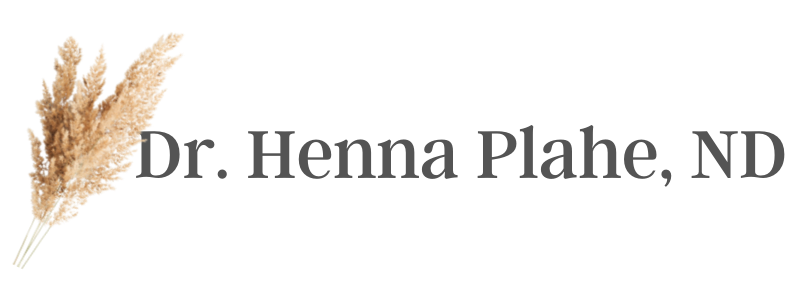Insulin resistance and PCOS often go hand in hand, causing a host of problems throughout your body. If you struggle to lose weight, take a nap after your meals, or are constantly hungry, you may have become insulin-resistant. But not to worry! With an early diagnosis and positive lifestyle changes, you can get your insulin levels in check.
What is insulin, and what does it do?
Insulin is a hormone produced in the pancreas that helps us balance blood sugar. It allows our cells to absorb glucose to be used for energy. When we eat, our blood sugar rises, signalling our bodies to release insulin. When everything is working as it should, blood sugar molecules move into the cells, and levels in the bloodstream decrease, which signals insulin to drop as well.
What is insulin resistance?
Insulin resistance happens when our cells stop responding well to insulin and need MORE than before to absorb the blood sugar molecules. Your pancreas continues to make more and more insulin to help glucose enter your cells, and your body switches to fat-storing mode. Any extra calories become fat cells, which are stored in your body. Left untreated, insulin resistance can evolve into Type 2 Diabetes.
Signs and Symptoms of Insulin Resistance
While there is no one test to measure insulin resistance, there are many markers and blood tests your naturopathic doctor can test for. Signs of insulin resistance include:
- A high waistline measurement
- Skin tags or patches of dark skin
- High blood pressure
- Fatigue and low energy levels
- Increased thirst and frequent urination
- High fasting glucose levels
- Weak immune system with frequent sickness
- High cholesterol levels
- A feeling of constant hunger
- Feeling tired after eating
- Stubborn weight gain & trouble losing the extra pounds
Insulin Resistance and PCOS
Women with PCOS are often insulin resistant, and the more resistant they become, the worse PCOS symptoms get. Insulin resistance is both a symptom of PCOS and an underlying driver. Chronically high insulin impairs ovulation and signals the ovaries to produce more testosterone. This hormone imbalance leads to irregular periods, acne, unwanted facial hair, and stubborn weight gain. PCOS and insulin resistance often go hand in hand, leading to a continuous cycle of unwanted symptoms.
Insulin Resistance if Left Untreated
If unmanaged, insulin resistance can worsen your PCOS symptoms. It can also lead to full-blown type 2 diabetes, which carries a higher risk of stroke, heart disease, nerve damage, kidney problems, and a host of other issues. Being proactive and controlling your blood sugar levels are the best ways to lower your chance of complications. Furthermore, another big consequence of insulin resistance is having fertility issues.
What’s the Fix?
The first step is to get a proper diagnosis. Speak with your healthcare professional if you suspect you have become insulin-resistant. Addressing the issue early is the best way to avoid further health complications. As a result, your doctor can then give you recommendations that are specific to you. The first line of defence is generally to eat whole foods, consume less sugar and increase your exercise levels. Your doctor may also recommend glucose-lowering medication along with these lifestyle changes.
If you feel you might be insulin resistant, reach out to me here to book an appointment.




